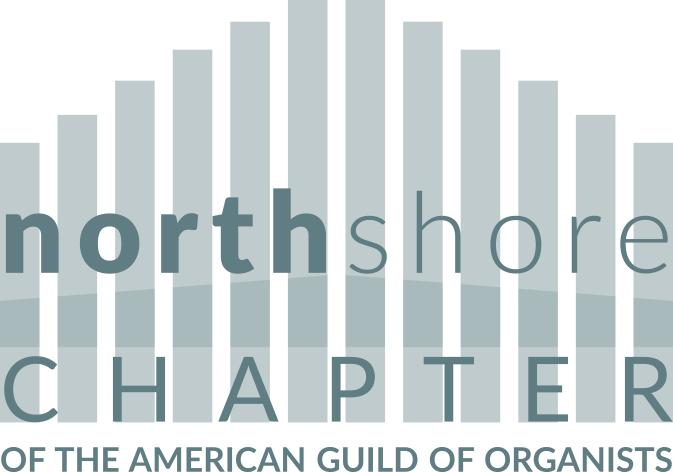
Phillip Kloeckner
My life as a musician, organist, conductor, and harpsichordist has been much more enjoyable and rich than I could have ever imagined when I set my sights on this path in earnest, some thirty years ago. Above all else, I value the opportunity to immerse myself in beautiful, interesting, and complex music of all genres on a daily basis, and to meet and work with wonderful, inspiring, and brilliantly creative people. So, I feel particularly fortunate to have the opportunities I have been given to create a life centered in the musical arts.
Having started playing other people’s music and improvising my own at the piano at age six, it is a small wonder that my life is configured as it currently is. Taking my first organist/choir director position at age thirteen, and making a detour through an undergraduate biology degree at Swarthmore College, followed by work in a plant physiology laboratory, a jaunt to the south Pacific to study bird migration, and biomedical research at the Wistar Institute at the University of Pennsylvania (all the while studying organ, piano, music theory, harpsichord, and conducting), I set myself firmly on the path of preparing myself as a professional musician by enrolling in the Oberlin Conservatory of Music. With my second undergraduate degree in hand, I headed south to Houston, where I was among the first wave of organ students to earn masters and doctoral degrees in organ at the Shepherd School of Music at Rice University. One of my first jobs in Houston was playing a beautiful little Kilgen organ for three or four funerals a week at a large funeral home where this Yankee was quickly indoctrinated into the culture of Southern hymns and cultural songs, including “Cool, Cool Water” and “Oh, My Papa!” I quickly learned the fundamental importance of singing as part of rituals in these contexts. After a lifetime of learning to read and speak German and French, wouldn’t you know that my doctoral thesis required the acquisition of some Spanish, as I headed to Perú to study nineteenth-century organs in that country.
While pursuing my graduate degrees, I was tapped to teach undergraduate music theory, aural skills, secondary organ lessons, figured bass, continuo, church music, and hymn playing. A theory/composition mentor invited me to co-author an aural skills textbook, Functional Hearing, with him. After graduation, I was asked to join the full-time faculty at the Shepherd School as an assistant to my organ mentor there, Clyde Holloway, continuing to teach the many subjects I had been teaching as a graduate student. During this time, the stunning new building for the Shepherd School, designed by Ricardo Bofil and Larry Kirkegaard, opened, and I found myself at the center of the creation, installation, and inauguration of the Fisk-Rosales organ at the school. Throughout this period, I was enjoying my first performing tours of Europe and really appreciated the opportunity to get to know many of the historic organs of Germany and France, and how the music I had played for my entire life came alive like never before on these unique instruments. In addition to church choirs, I began to conduct the United Nations Association International Choir in Houston and further expanded my awareness of global cultures and musical traditions. I began to incorporate many of these strains into my improvisations at the organ. Through my contact with the international community in Houston, I was able to introduce the organ to many people who had never heard the instrument before.
In 2012, the call to move on to yet new opportunities and challenges, and to move closer to my family in Vermont, came in the form of a position on the faculty of the University of Chicago, teaching musicianship in the Department of Music, and in 2013, the invitation to establish a formal organ teaching studio at Rockefeller Chapel. In 2014, I released my first solo CD, Exotic Variations, recorded on the Rice organ shortly before I came to Chicago. In 2015 and 2016, I served on the board of the Chicago AGO. In late 2016, I became organist at First Methodist Church at the Chicago Temple where I am now fully engaged in the process of restoring the church’s 94-year-old organ, E. M. Skinner, Op. 414. And last year, I inaugurated a new organ teaching studio at First Methodist, Chicago International Organ Academy, which offers students of all skill levels several options for studying organ remotely. Highlights of my time in Chicago have been to join colleagues of the NSAGO in presenting a creative members’ recital last June at St. Giles in Northbrook, a turn at the charming Dobson organ at Elliott Chapel, and playing organ with the Evanston Symphony in, among other works, Mahler’s 2nd Symphony.
I have found a wonderful community of organists and fellow musicians in the greater Chicago area, which, after five years, I feel I am just beginning to know and appreciate fully.
Phillip Kloeckner
